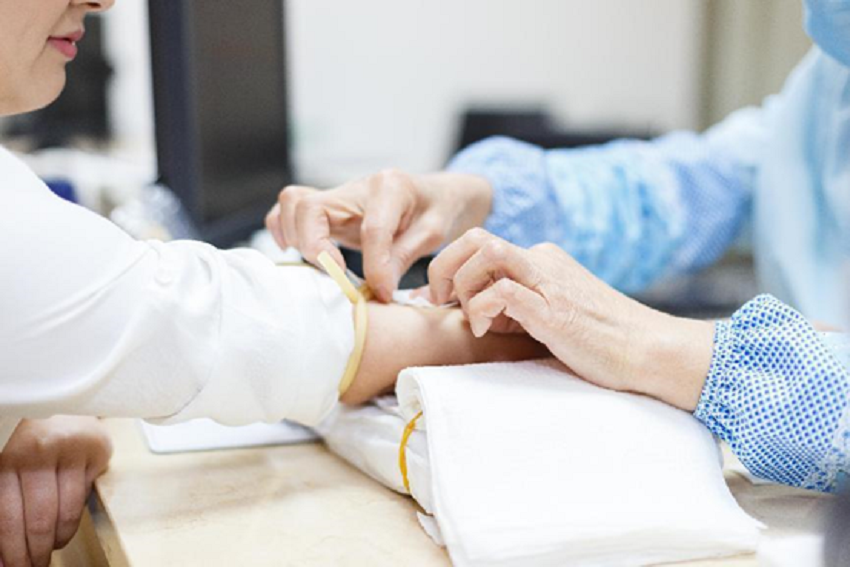Hello! I'm delighted to provide you with exclusive one-on-one consultation.
How can I assist you?
What is the process and cost of egg freezing?


Xiaolin (a pseudonym) is 34 years old and works as a product manager for an internet company. She has been in a relationship with her boyfriend for six years but has not yet married. Recently, one of Xiaolin’s friends had her fertility checked and discovered her AMH level was only 0.62, indicating a low chance of pregnancy and a poor egg reserve. This friend urged Xiaolin, who is the same age, to also get her fertility checked to understand the state of her ovaries.
Upon examination, Xiaolin’s AMH level was found to be only 1.2, which is below the average range for women aged 31-35. Typically, a normal AMH level for women should be above 2. AMH, or Anti-Müllerian Hormone, is secreted by the granulosa cells of ovarian follicles and reflects the activity of follicles and fertility potential. The higher the AMH level, the greater the egg reserve and fertility potential. AMH levels gradually decrease with age and various other factors, becoming undetectable after menopause.
Compared to other fertility indicators, AMH levels are relatively stable and can be tested on any day of the menstrual cycle without being affected by the cycle or hormonal medications. This makes AMH the most ideal biomarker for predicting ovarian response and evaluating ovarian reserve function.
Xiaolin took her test results to Dr. Nathan Zhang, the founder of IVF USA, to consult whether egg freezing could delay ovarian aging. After analyzing her situation, Dr. Zhang suggested that egg freezing might not be the best option for Xiaolin. Due to the low number of eggs and the inability to assess egg quality before freezing, the quality of eggs upon thawing would be uncertain. Instead, Dr. Zhang recommended embryo freezing.
Since Xiaolin has a steady boyfriend, the issue of sperm source was resolved. By combining eggs and sperm through IVF, embryos are cultured to the blastocyst stage and then screened using PGS to select healthy embryos for freezing. When Xiaolin is ready to have children, the healthy screened embryos can be thawed and transferred, increasing the chances of a successful pregnancy.
The differences between egg freezing and embryo freezing are as follows:
- Egg freezing involves extracting eggs, freezing, and storing them, to be fertilized later when pregnancy is desired.
- Embryo freezing involves fertilizing the eggs with sperm to form embryos, which are then frozen and stored. These embryos can be thawed and directly transferred when needed.
Embryo freezing technology, combined with PGS/PGD, allows for genetic screening to exclude embryos with chromosomal abnormalities, significantly increasing the success rate of implantation and achieving healthy pregnancies. After careful consideration and discussing with her boyfriend, Xiaolin decided to preserve her fertility through embryo freezing. This way, even if they do not marry immediately, they can secure their future ability to have children without concerns about age-related fertility decline.

IVF USA reminds everyone to approach fertility issues scientifically and seriously, consulting professional doctors in a timely manner. If you have any questions or need more information, please feel free to contact us. Currently, IVF USA offers services for egg freezing, IVF, and third-party assisted reproduction in the USA, as well as IVF and egg freezing services in Japan, Thailand, Mexico, Taiwan, and Hong Kong, collaborating with top IVF doctors worldwide. Dr. Nathan Zhang and his team are dedicated to helping you achieve your fertility dreams. Let us walk together on the path to the miracle of life and welcome new beginnings.


Online Customer Service

In-Vitro Fertilization (IVF)

Female Egg Freezing

Fertility Assessment

Scan for Consultation

Back to Top